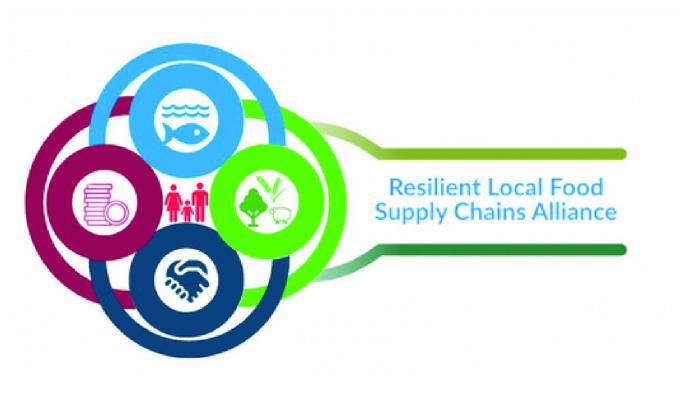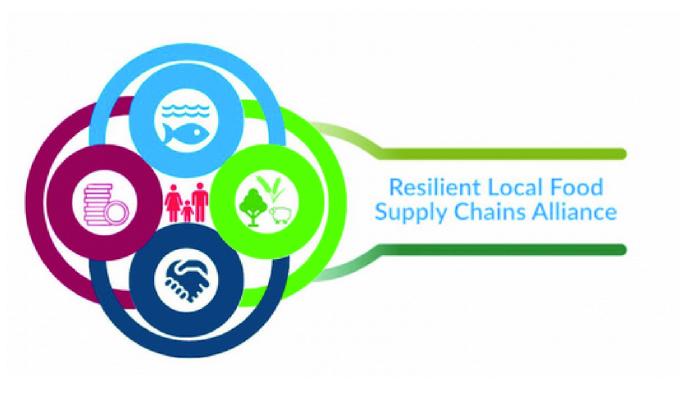Period
2012 - in progress
This ground-breaking practice by the Mediterranean Conservation Society (MCS) in Turkey focuses on local associations that promote, plan, organize, and implement fishing activities within Marine Protected Areas (MPAs). Led by Funda Kök, this project addresses the urgent need to conserve marine biodiversity in Gökova Bay, where overfishing and illegal practices threaten both ecosystems and livelihoods. Through collaborative efforts with small-scale fishermen, MCS empowered local communities to become stewards of their marine environment. By establishing no-take zones, implementing community-based enforcement, and fostering scientific monitoring, the project achieved remarkable results, including habitat restoration, increased fish stocks, and economic benefits for fishermen. It is a transformative model, which holds promise for sustainable fisheries management worldwide.
You must be registered to see all the content
Identification needs
Because of its unique marine and terrestrial biodiversity, selected marine and terrestrial areas of Gökova Bay were declared a special environmental protection area (SEPA) in 1988, meaning that no development has been allowed in the coastal basin to protect the marine habitat and biodiversity. Most coastal belts are state-owned, with only a few coastal villages retaining community-based property rights. On the terrestrial side, the entire coastline is covered by state-owned red pine forests governed by strict extraction and resource access regulations. Marine resources, however, were covered by no such regulations. Until the designation of no-take zones in 2010, the coastal waters were subject to overfishing, overexploitation of marine resources and illegal fishing. The effects of climate change and the introduction of invasive alien species are adding pressure on the already degraded ecosystems. These factors have a cascading effect on the livelihoods of coastal communities, mainly small-scale fishers (SSF), especially for the ones who are solely dependent on a healthy marine ecosystem.
Stakeholder change
There are three fishing cooperatives in Gökova Bay, which collectively operate approximately 100 small fishing boats. These fishermen use traditional small-scale fishing gear such as long lines and gillnets to fish throughout the year. Considering that the family and family members of SSFs usually work as the crew, more than 400 people depended on fisheries for their living. The project in Gokova Bay was the first bottom-up decision-making initiative for managing natural resources in Turkiye. Small-scale fishermen are positioned as key stakeholders in the conservation of marine biodiversity, the enforcement of no-take zones (NTZs), and the transformation of fishing practices and behaviours of the most active ‘seascape users’ to protect marine ecosystems and to ensure the long-term viability of the local SSF. Local fishermen have been empowered to monitor and report illegal fishing activities to government authorities, closing the loop between local knowledge and enforcement authority. Local communities and national authorities are working in full cooperation, sharing innovative ideas to adjust further and improve the sustainable management of local fisheries. Training in scientific data collection has equipped local fishermen with the tools to track fish biomass within no-take zones over time and to accurately assess the effectiveness of the organisation’s interventions through scientific studies.
Change triggered
This practice is transferable as there are common threats and challenges around the world, solutions are similar despite cultural differences and contexts. A pilot marine habitat restoration project in nearby Gökova Bay has given exciting results. In just five years, there has been significant recovery of habitat and fish stocks, an increase in fishing income, a reduction in invasive species and the return of predatory sandbar sharks and Mediterranean monk seals. MCS is now replicating this success in 2 other SEPAs. The practice has showed the following solid outcomes: • Reducing illegal and unsustainable fishing pressures, improving ecosystem health, fish numbers, and catch size. • Working with local people and government to protect and sustainably manage marine habitats, establishing new NFZs patrolled by community-based ranger teams. • Community-based enforcement strategies are complemented by cooperation with regional and national authorities (MoE, MoA, Coast Guard and Gendarmerie and scientific studies to monitor ecosystem health) • Raised awareness about the threats of invasive species and created markets encouraging trade, thereby reducing their impact in hampering habitat and native species recovery. Limitations and challenges were and some still are: • Immediate reaction of fishers who think that they have already lost their source of income and that NFZs would make the situation worse. • Lack of coordination between governmental organisations and slow reaction in taking measures • External factors beyond the organisations’ control such as the impact of climate change • Working in the marine environment is expensive and needs huge amount of funding. Even though the organisation was able to find grants, a sustainable funding mechanism is still needed. • Lack of management plans to adequately manage MPAs and facilitate a co-management involving all the stakeholders.
Short description
By adopting a holistic approach, the activities needed to strengthen this collective conservation action are as follows: • Play an active role in designating NTZs, NFZs consulting the primary seascape users and using the scientific data to inform the users and decision-makers. • Regular meetings with fisheries cooperatives, restaurants, diving centers to analyze the use of the area, benefits from ecosystem services, informing users about the current and requested legislations to ensure a participatory environment in the decision making process. • Demarcation of these protected areas to inform users. • Setting up a well-organised community marine rangers’ system to ensure effective enforcement in collaboration with national authorities. • Collecting fisheries landing data in cooperation with fisheries cooperatives • Monitoring of biomass, focusing on endangered and threatened species, reporting outcomes to governmental bodies to enforce legislation. • Promoting sustainable tourism activities such as fish-tourism to generate a nature positive income to benefit grassroots communities • Ongoing scientific monitoring and research in MPAs constantly in collaboration with academic institutions • Active restoration activities such as underwater clean-ups, focusing on ghost nets and other marine debris that threaten marine habitats and their inhabitants. • Conducting surveys to assess the socio-economic situation of the livelihoods and stakeholders using ecosystem services. • Supporting capacity building and infrastructure of the fisheries cooperatives • Supporting women fishers through trainings and workshops, providing equipment and helping build capacity to empower women in decision making and ensure gender equality. • Organise educational activities for kids on ecology and conservation to transfer knowledge and spread the word for the next generations.
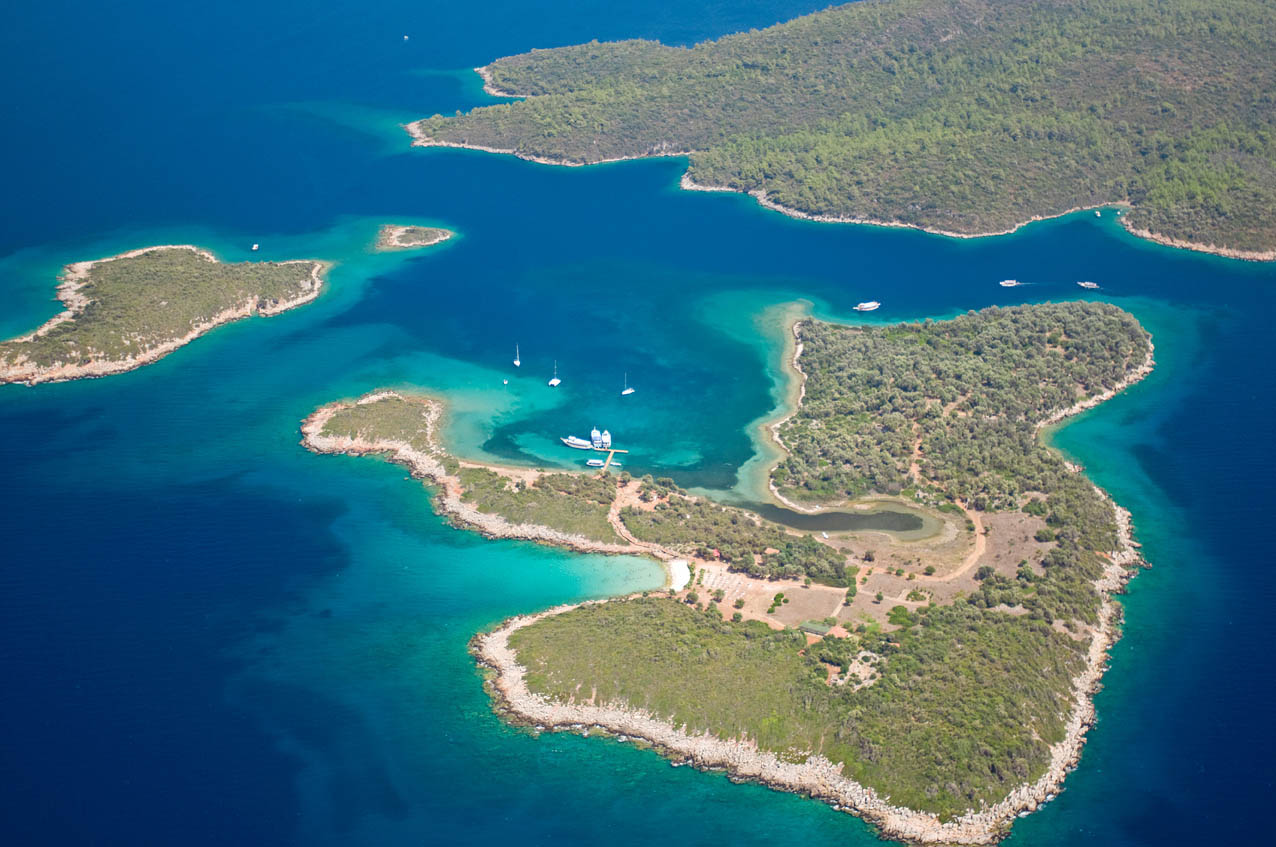








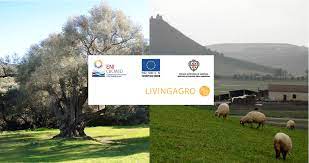

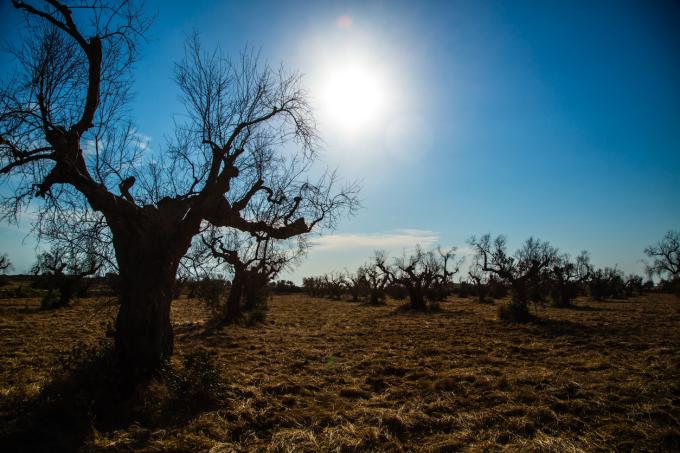
.png)
